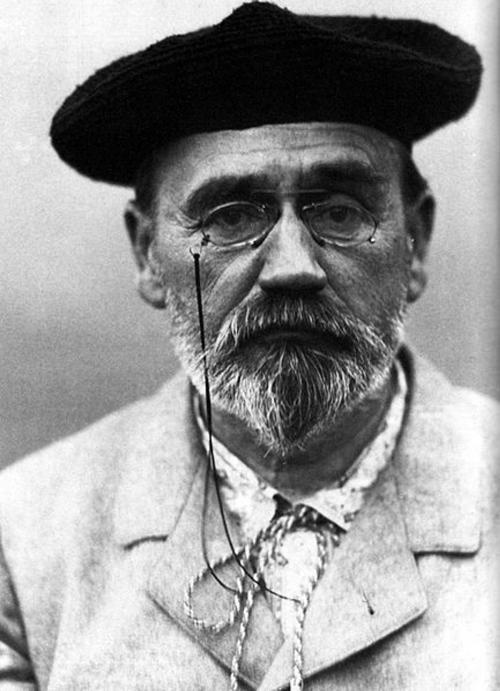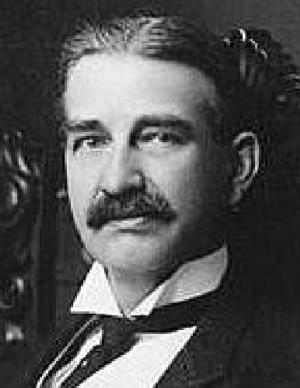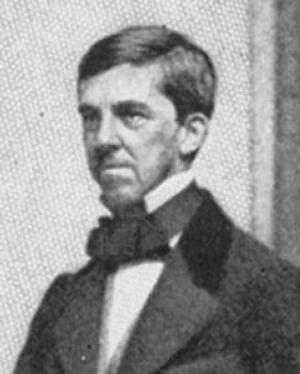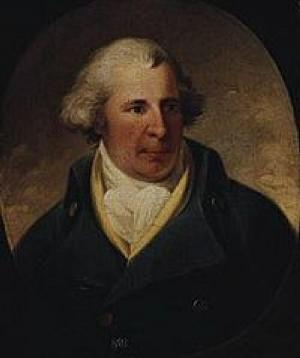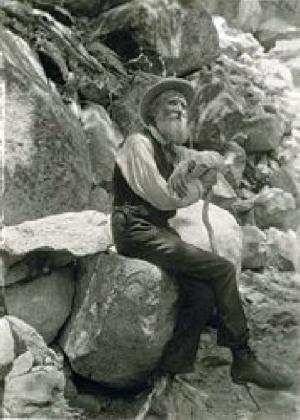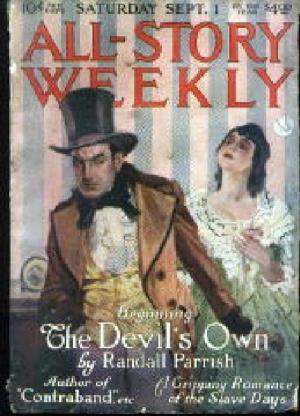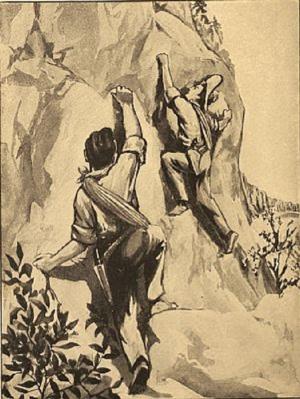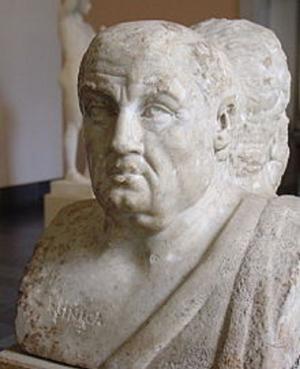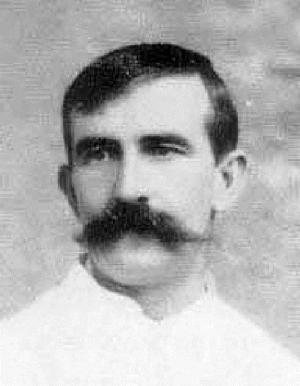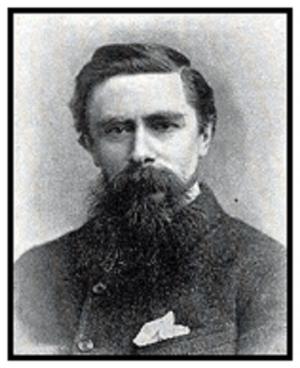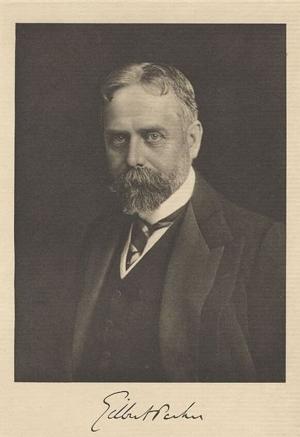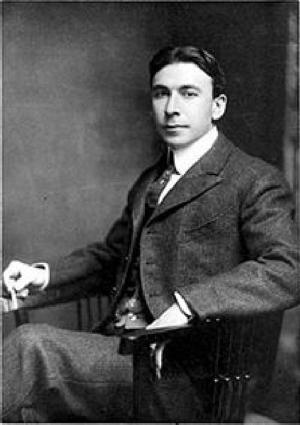His Masterpiece, from the Rougon-Macquart series of novels, in English translation
Fiction & Literature, Classics| Author: | Emile Zola | ISBN: | 9781455354511 |
| Publisher: | B&R Samizdat Express | Publication: | December 15, 2009 |
| Imprint: | Language: | English |
| Author: | Emile Zola |
| ISBN: | 9781455354511 |
| Publisher: | B&R Samizdat Express |
| Publication: | December 15, 2009 |
| Imprint: | |
| Language: | English |
Classic naturalist novel, in English translation. First published in 1886. According to Wikipedia: "Emile Zola (2 April 1840 - 29 September 1902) was an influential French writer, the most important example of the literary school of naturalism, and a major figure in the political liberalization of France...After his first major novel, Therese Raquin (1867), Zola started the long series called Les Rougon Macquart, about a family under the Second Empire... More than half of Zola's novels were part of this set of 20 collectively known as Les Rougon-Macquart. Unlike Balzac who in the midst of his literary career re synthetized his work into La Comedie Humaine, Zola from the outset at the age of 28 had thought of the complete layout of the series. Set in France's Second Empire, the series traces the "environmental" influences of violence, alcohol, and prostitution which became more prevalent during the second wave of the industrial revolution."
Classic naturalist novel, in English translation. First published in 1886. According to Wikipedia: "Emile Zola (2 April 1840 - 29 September 1902) was an influential French writer, the most important example of the literary school of naturalism, and a major figure in the political liberalization of France...After his first major novel, Therese Raquin (1867), Zola started the long series called Les Rougon Macquart, about a family under the Second Empire... More than half of Zola's novels were part of this set of 20 collectively known as Les Rougon-Macquart. Unlike Balzac who in the midst of his literary career re synthetized his work into La Comedie Humaine, Zola from the outset at the age of 28 had thought of the complete layout of the series. Set in France's Second Empire, the series traces the "environmental" influences of violence, alcohol, and prostitution which became more prevalent during the second wave of the industrial revolution."
